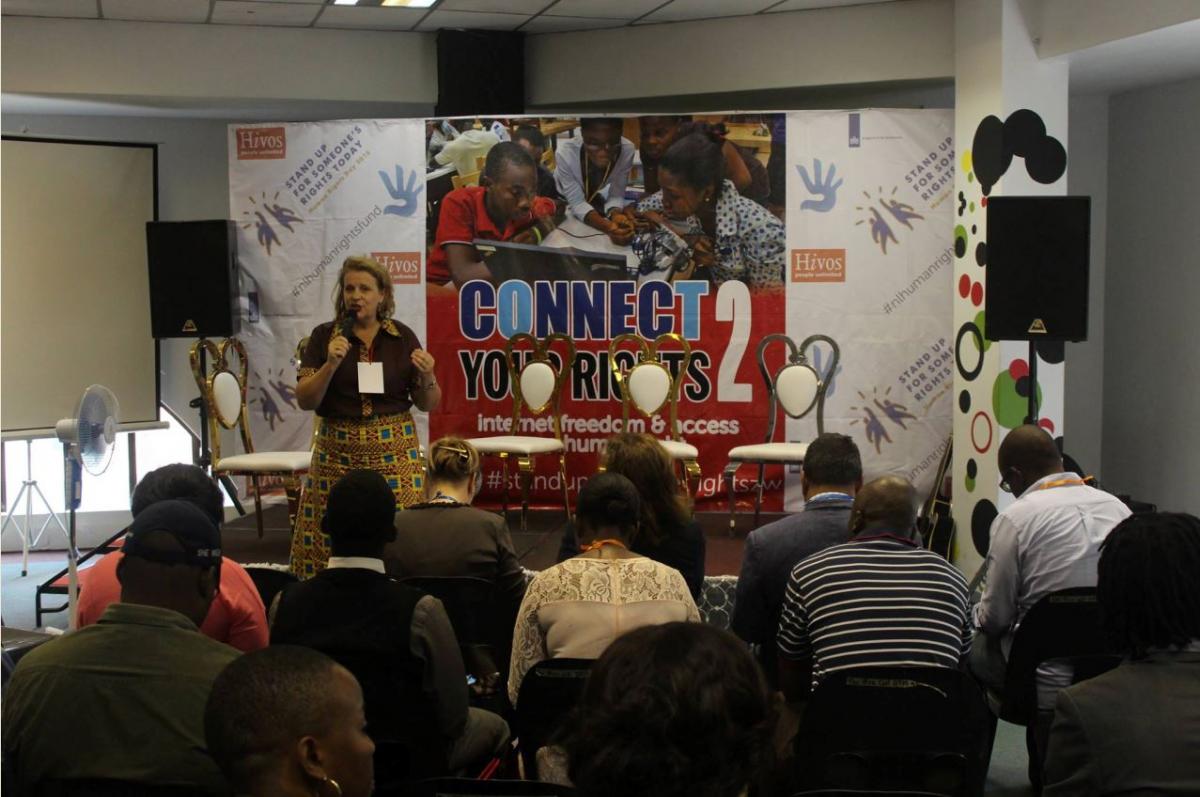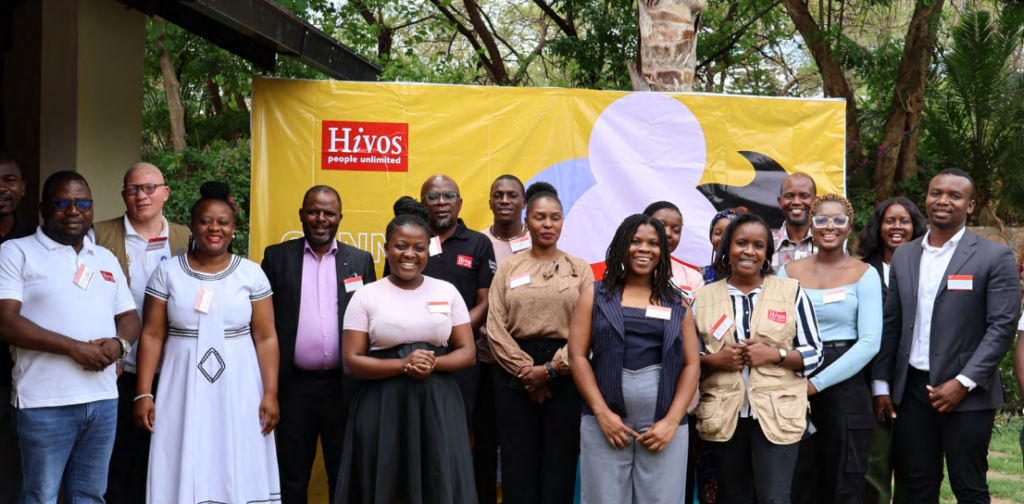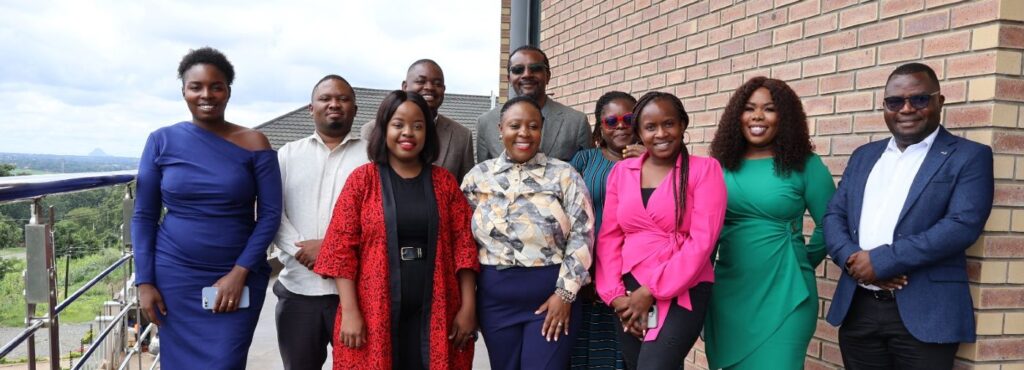As part of the Human Rights Day 2016 commemoration in Zimbabwe, the Dutch Royal Embassy and Hivos Southern Africa invited innovators and human rights practitioners to participate in an Internet and Human Rights Innovation Challenge (IHRC). We asked innovators to share ideas on how to effectively use the internet to advance human rights in Zimbabwe.
The Challenge aimed at addressing and promoting rights around four key themes:
- Civil and political rights
- Sexual rights
- Socio-economic rights
- Gender equality
Participants were asked to submit an idea that effectively uses the internet to advance human rights. The call specified that the innovation could be an application, research tool, website and/or creative use of social media.
The following list of evaluation criteria helped guide concept development:
a. Technical viability – can the concept be developed using existing technological tools and at a relatively low cost?
b. Scalability – is the concept practically applicable across multiple regions in Zimbabwe without extensive adaptation?
c. Maintenance and sustainability – can the concept be sustained over a long period of time?
d. Usability – can the concept be used by a diverse range of people, including those with limited literacy and technological skills?
d. Awareness raising and information sharing – does the concept draw widespread attention to rights issues and educate people about human rights?
To win the challenge, submissions had to contribute to improving people’s awareness of their rights and those of others, and to expand respect for and uptake of the specified human rights areas by both average Zimbabweans and their leaders. The ultimate aim is to create societal impact, not just a useful gadget. In addition, the innovation must effectively prove how it employs the internet to enhance human rights in Zimbabwe.
Innovators who submitted ideas to the challenge pitched them before a panel of judges on November 29 at Stimulus Hub, an innovation catalyst based in Harare.
The winners of the Challenge included:
1. Tipster News
This is an innovative media platform aiming to disrupt journalism training and the conventional citizen journalism model. The platform has the potential to enable real-time media training and transactions, creating a marketplace and delivery tools that could eventually power media companies, brands, and professional freelancers.
2. Know Your Rights Gaming App
Gaming is still unexplored territory in Zimbabwe, and this could play a key role in introducing citizens to their rights in a fun, organic manner.
3. Youth Podcast
Podcasting is low-tech way of creating content targeted at young people. Little explored in the Zimbabwean context, it is increasingly becoming an important storytelling medium. Given that oral storytelling still plays a key role in channelling the average person’s experiences and emotions in Zimbabwe, podcasting has the potential to reach and influence millions of people at low cost if properly executed.




